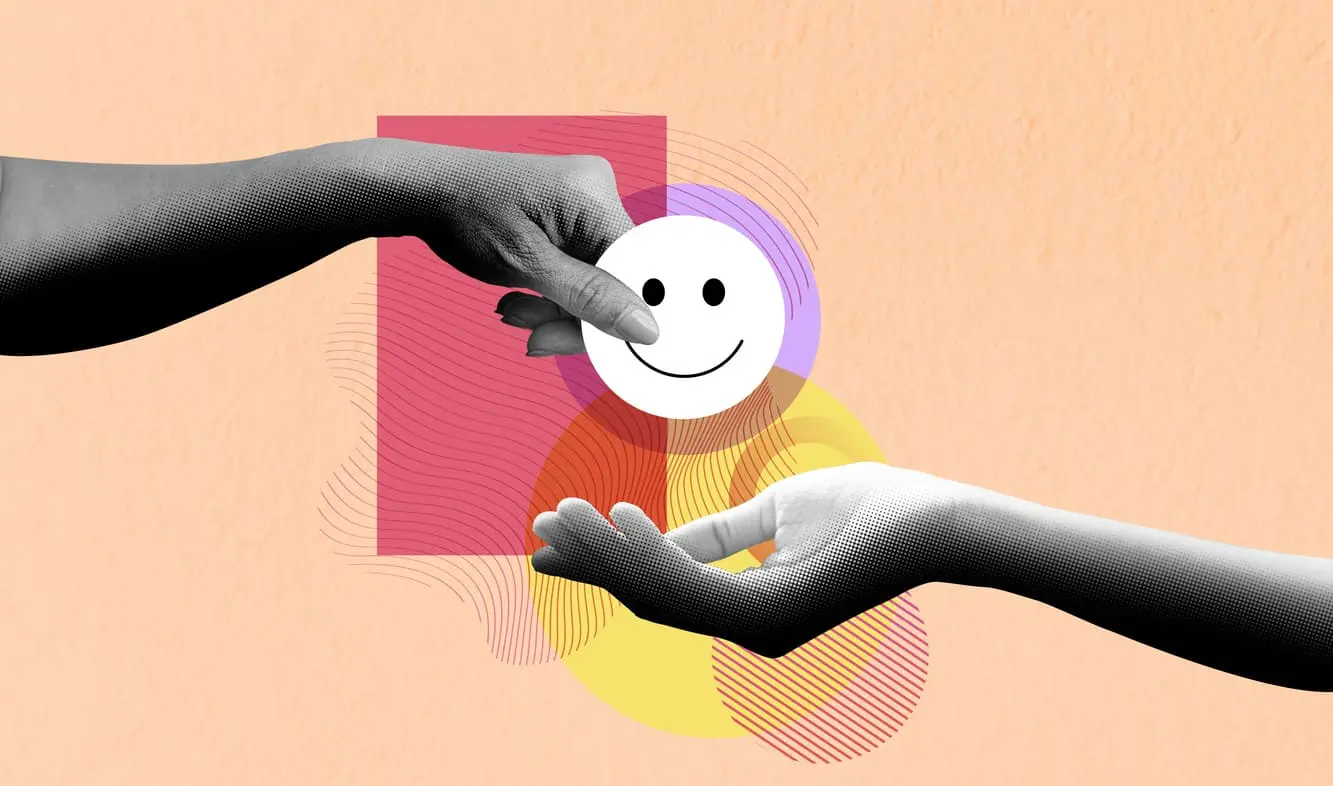How did PTI come about and what are its objectives?
We were part of a collective of young students and graduates working on integrating issues of ecological transition into higher education, business, engineering schools and in companies. About a year and a half ago we started talking about developing our communications to reach young people who were not yet aware of the issues; very quickly the idea of collaborating with influencers came up.
As we thought about it, we realized that there is a big problem with the influence sector in general; there are influencers who are extremely well followed, have an enormous impact on society and who continue to promote lifestyles and consumption patterns that are totally incompatible with the reality of climate change. We decided to create a project to shed light on the question of influence at a time of environmental emergency.
The objective is to alert influencers to the necessary ecological awakening. We create awareness-raising content and try to interact with influencers. We provide information on the magnitude of the problem and the impact of their influence. We want to raise the subject in public debate. Influencers have a huge impact on the people who follow them. They are followed by tens of thousands, even millions of people. They have the power to influence social norms, to direct and change consumption and lifestyle behaviors in general.
PTI’s Instagram account has gathered 20,000 followers in just over a year; what has the overall feedback been like?
We try to keep to an objective of pedagogy and benevolence. The idea was to comment on posts to explain the environmental impact of a competition, or a plane trip, etc. We’ve had quite a lot of influencers who are interested in what we have to say, and others who are not. We’ve been ignored a lot, and sometimes blocked. But the idea is to create a dialogue.
Last summer we published an article in [online environmental newspaper] Vert which garnered us a lot of attention from major media outlets like Le Monde, Le Figaro, France Inter, etc., and allowed us to present our goals. We’ve started to be recognized within influence as players with a responsible, ethical influence message. It is a subject which more and more people within the sector are thinking about. We’ve been contacted by agencies, influencers and brands, which has also helped us to better understand the obstacles to the ecological transition in this sector, and to work with them on making improvements. We have also been asked by the ARPP to consult on the ecological section of the Certificate of Responsible Influence.
What kind of pressure, or willingness, is there on or within the industry to incorporate environmental messages and actions?
We’ve seen scandals involving big influencers like Kylie Jenner posting about taking a private jet or [French football star] Kilian Mbappé laughing at the idea of taking the train to reduce emissions, that have caused an outcry on social media. The fact is that celebrities and influencers have huge influence, and a carbon footprint that is insane compared to ordinary people. It is getting harder for the audience to see these people acting with impunity when it comes to climate issues, while at the same time they are being asked to turn the heat down or the wifi off. So there is increasing pressure from audiences, who may have been following these people for years, and who are now challenging them on climate issues. You see it in post comments. It’s not yet the majority but neither is it silent.
There is also pressure from the brands. More and more brands are looking for ethical influencers. Brands are also faced with the regulatory challenge, they are obliged by law to transition ecologically, and to communicate their carbon footprint. So they are increasingly looking for influencers who can communicate on these issues for them.
Finally, there is increasing pressure amongst influencers. There are more and more who are discussing their ecological thinking and how they are trying to change with their audiences. We are in contact with more and more long-term, lifestyle influencers who have promoted anything and everything in the past and who today are really asking themselves questions about the impact their influence has, and about the brands they promote. The more influencers who speak out about these subjects, the more those who don’t make an effort are going to feel marginalized and potentially lose their relevance to the audience, to the community and to the brands.
Is there a difference in the response from influencers with large followings compared to those with smaller followings?
Obviously, the more you are an influencer with a very large community, the more you have to lose — especially in terms of partnerships — if you start to be very strict with the partnerships you make. There is also the risk of losing subscribers if you start doing things differently.
But the bigger the influencer, the more impact the message has. But if from one day to the next, big influencers like Squeezie or Léna Situations start talking about environmental issues, there is an enormous risk of backlash from the community who will find it inauthentic. We are thinking about ways influencers can gradually begin to talk about these issues with their audiences, and how to share their thought processes without antagonizing their followers.
What are the next steps? A year from now, what changes do you hope to see within influence?
One of the crucial issues is to regulate the profession. The profession of influencer does not exist in regard to the law so everybody does whatever they want on the social networks, and the brands take advantage of it. Advertising through influencers is completely unregulated compared to other types of advertising. Today, influencers are professionals, they are people who run companies. They are no longer just random people playing around with Stories at home. They have a role to play. There are many who advocate fast and overconsumption to audiences that are 15-25 years old, who are the most influenced and who are the first generation that will have to live with the climate crisis. We want there to be more awareness and questioning of the responsibility that influencers have. We want posts to be transparent about these issues, to show the carbon footprint of a promotion, to warn against overconsumption.
We are trying to develop training about the environmental transition. It is something that is lacking in most sectors. It is absolutely essential that all the players — influencers, agencies, brands — receive training on climate issues. Training can lead to action, and to raising awareness on the impact influence has and the current climate reality. We want this sector to have a little more ambition on these issues, to have a responsible presence.
About Kolsquare
Kolsquare is Europe’s leading Influencer Marketing platform, offering a data-driven solution that empowers brands to scale their KOL (Key Opinion Leader) marketing strategies through authentic partnerships with top creators.
Kolsquare’s advanced technology helps marketing professionals seamlessly identify the best content creators by filtering their content and audience, while also enabling them to build, manage, and optimize campaigns from start to finish. This includes measuring results and benchmarking performance against competitors.
With a thriving global community of influencer marketing experts, Kolsquare serves hundreds of customers—including Coca-Cola, Netflix, Sony Music, Publicis, Sézane, Sephora, Lush, and Hermès—by leveraging the latest Big Data, AI, and Machine Learning technologies. Our platform taps into an extensive network of KOLs with more than 5,000 followers across 180 countries on Instagram, TikTok, X (Twitter), Facebook, YouTube, and Snapchat.
As a Certified B Corporation, Kolsquare leads the way in promoting Responsible Influence, championing transparency, ethical practices, and meaningful collaborations that inspire positive change.
Since October 2024, Kolsquare has become part of the Team.Blue group, one of the largest private tech companies in Europe, and a leading digital enabler for businesses and entrepreneurs across Europe. Team.Blue brings together over 60 successful brands in web hosting, domains, e-commerce, online compliance, lead generation, application solutions, and social media.













.webp)





.webp)
